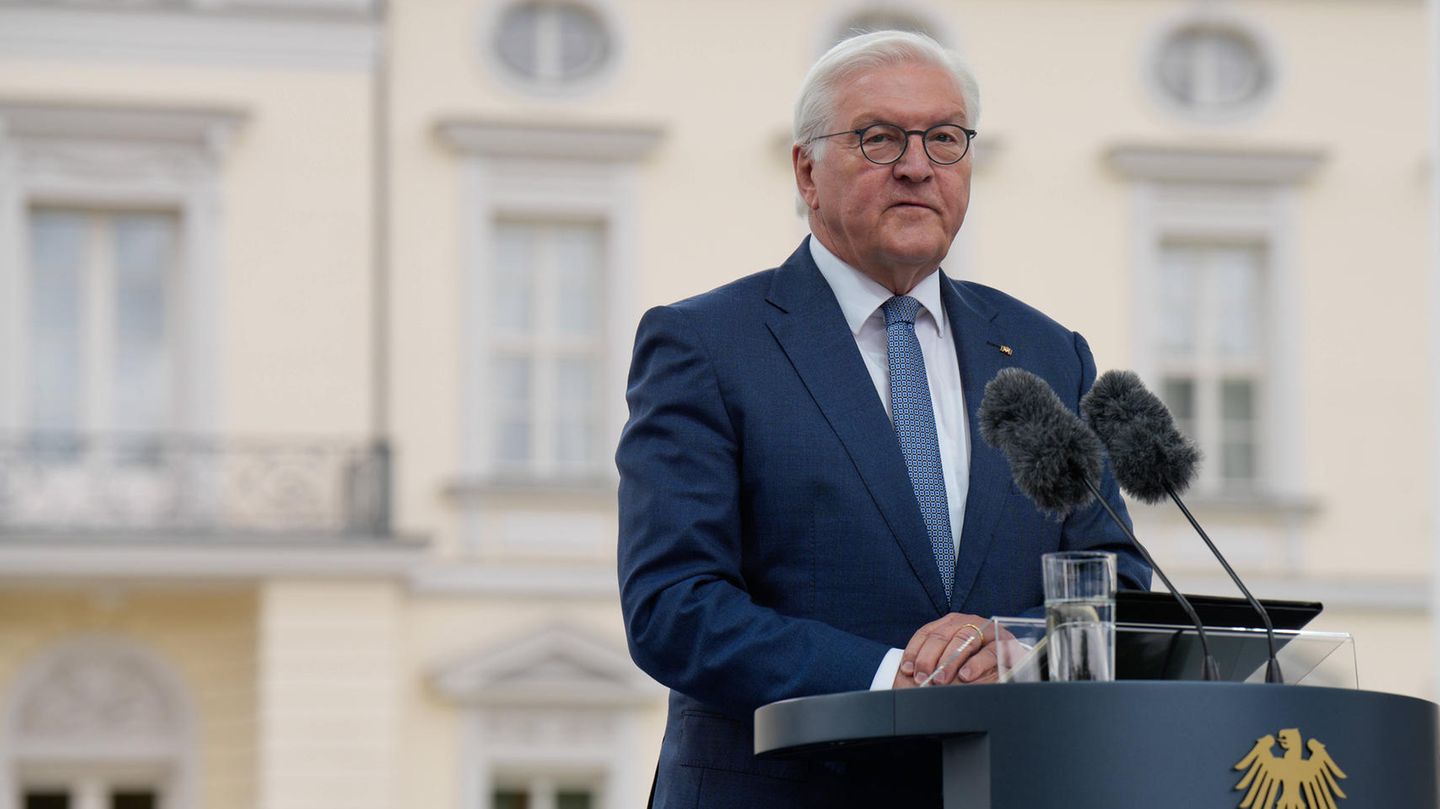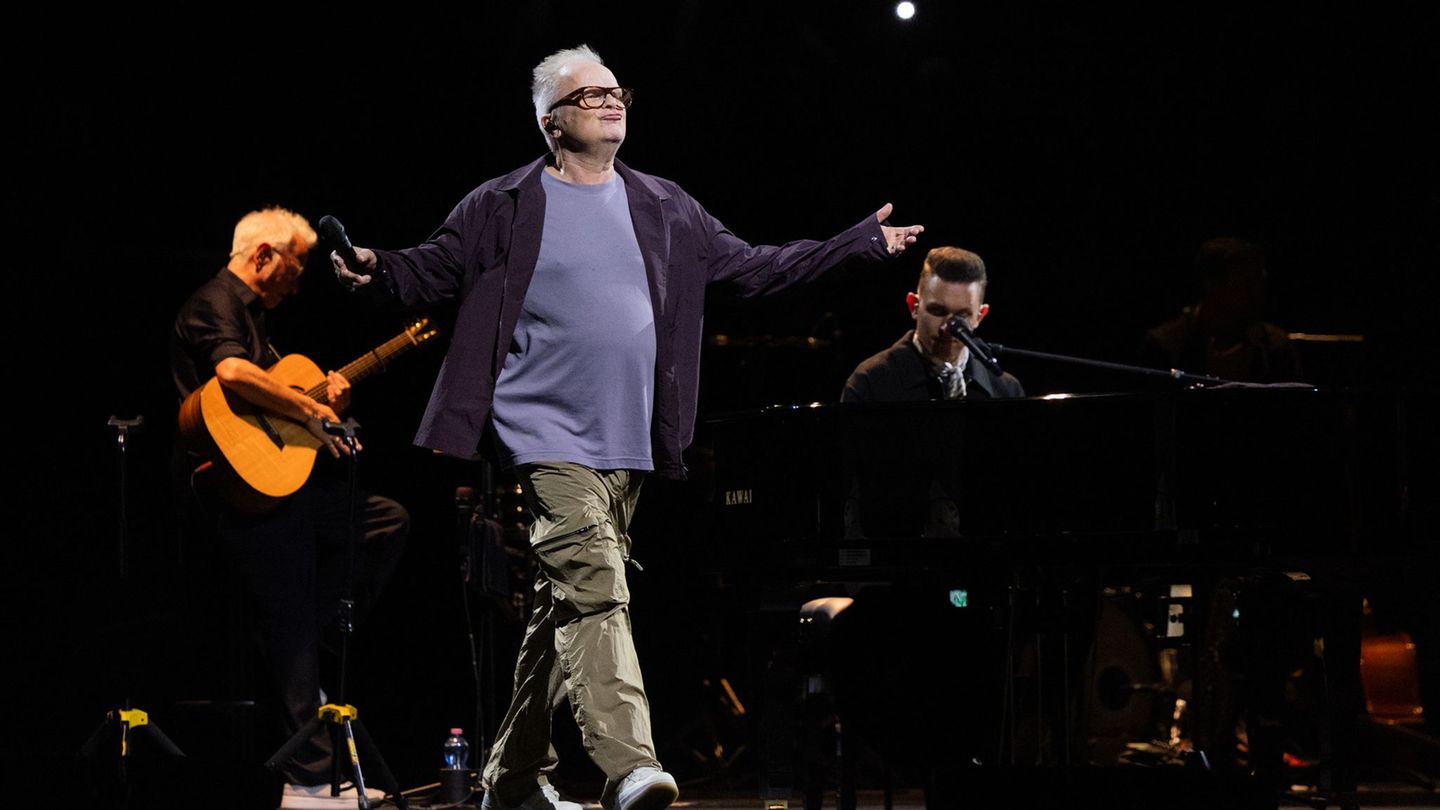Female politicians are demanding that a woman be elected as Federal President for the first time in 2027. A survey shows how much the question concerns women in particular – or not.
In Berlin, there is already speculation about the upcoming election of a federal president in 2027. That is when Frank-Walter Steinmeier’s second term in office will end. The “Bild” newspaper named the writer Juli Zeh (SPD) and the Bavarian State Parliament President Ilse Aigner (CSU) as candidates. Foreign Minister Annalena Baerbock (Greens) is also considered an aspirant after she gave up her candidacy for chancellor. Next time, a woman must finally take over the head of the state, demanded female politicians such as the long-standing Prime Minister of Rhineland-Palatinate, Malu Dreyer.
The call for a woman as Federal President has become quieter
However, 77 percent of Germans do not care about the gender of the head of state, according to a Forsa survey commissioned by the star 18 percent want a woman, 4 percent a man. This means that the call for a female head of state has become quieter compared to 2016: Back then, 24 percent of those surveyed were in favor of a female Federal President.
71 percent of women also don’t care about gender, with only 24 percent calling for a female head of state. The call for a woman in Bellevue Palace is strongest among Green voters: 30 percent of them are calling for a female federal president. The figures are much lower among supporters of the other parties: SPD (21 percent), FDP (21 percent), Sahra Wagenknecht Alliance (20 percent), CDU/CSU (13 percent) and AfD (11 percent).
Gesine Schwan and Dagmar Schipanski were candidates
The Federal President is elected by the Federal Assembly, which consists of half members of the Bundestag and half representatives elected by the state parliaments. The majority situation there has become more confusing in recent years because the traditional popular parties SPD and CDU/CSU have performed worse in elections. After the state elections in Thuringia, Saxony and Brandenburg, the AfD is also likely to be even more strongly represented. The 2025 federal election could also lead to major shifts. An alliance of more than two parties will probably be necessary to elect the head of state.
Until now, parties have only nominated women when they had little chance of being elected. In 2004, for example, Gesine Schwan (SPD) lost to Horst Köhler (CDU). In 1999, Dagmar Schipanski (then independent, later CDU) lost to Johannes Rau (SPD).
The data was collected by the market and opinion research institute Forsa for stern and RTL Deutschland on July 18 and 19, 2024 by telephone. Data basis: 1002 respondents. This makes the survey representative. Statistical error tolerance: +/- 3 percentage points
Source: Stern
I have been working in the news industry for over 6 years, first as a reporter and now as an editor. I have covered politics extensively, and my work has appeared in major newspapers and online news outlets around the world. In addition to my writing, I also contribute regularly to 24 Hours World.




